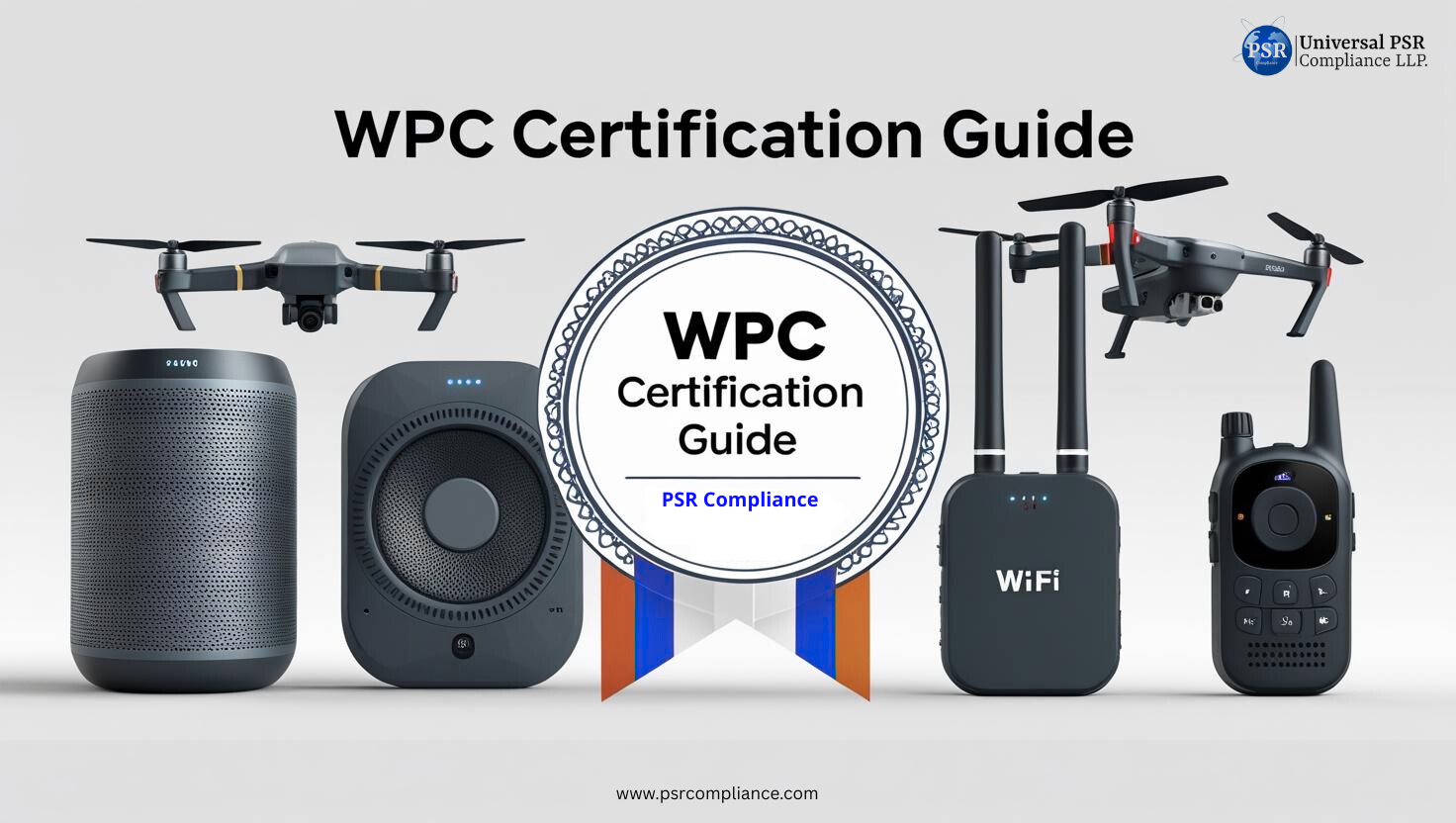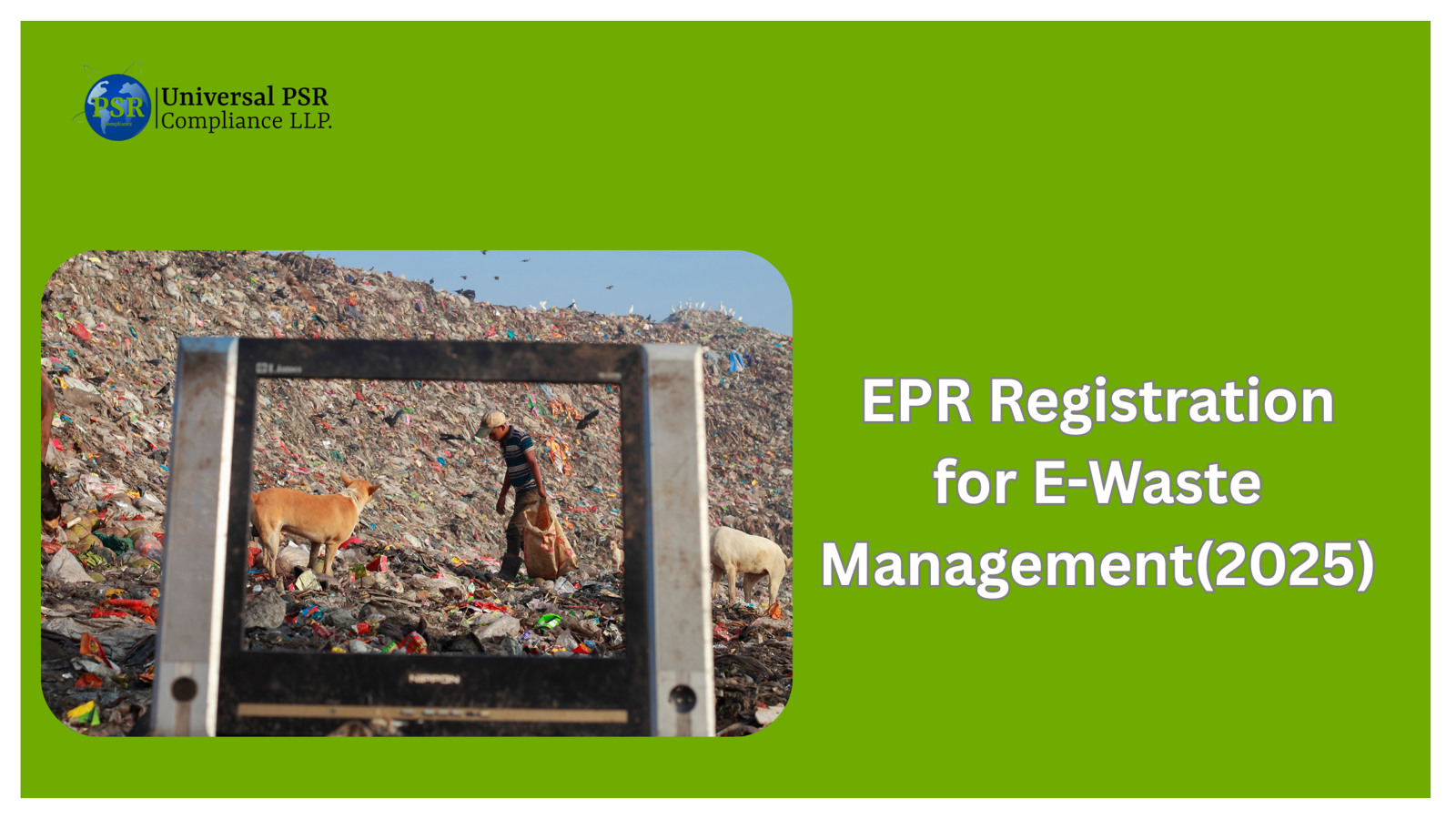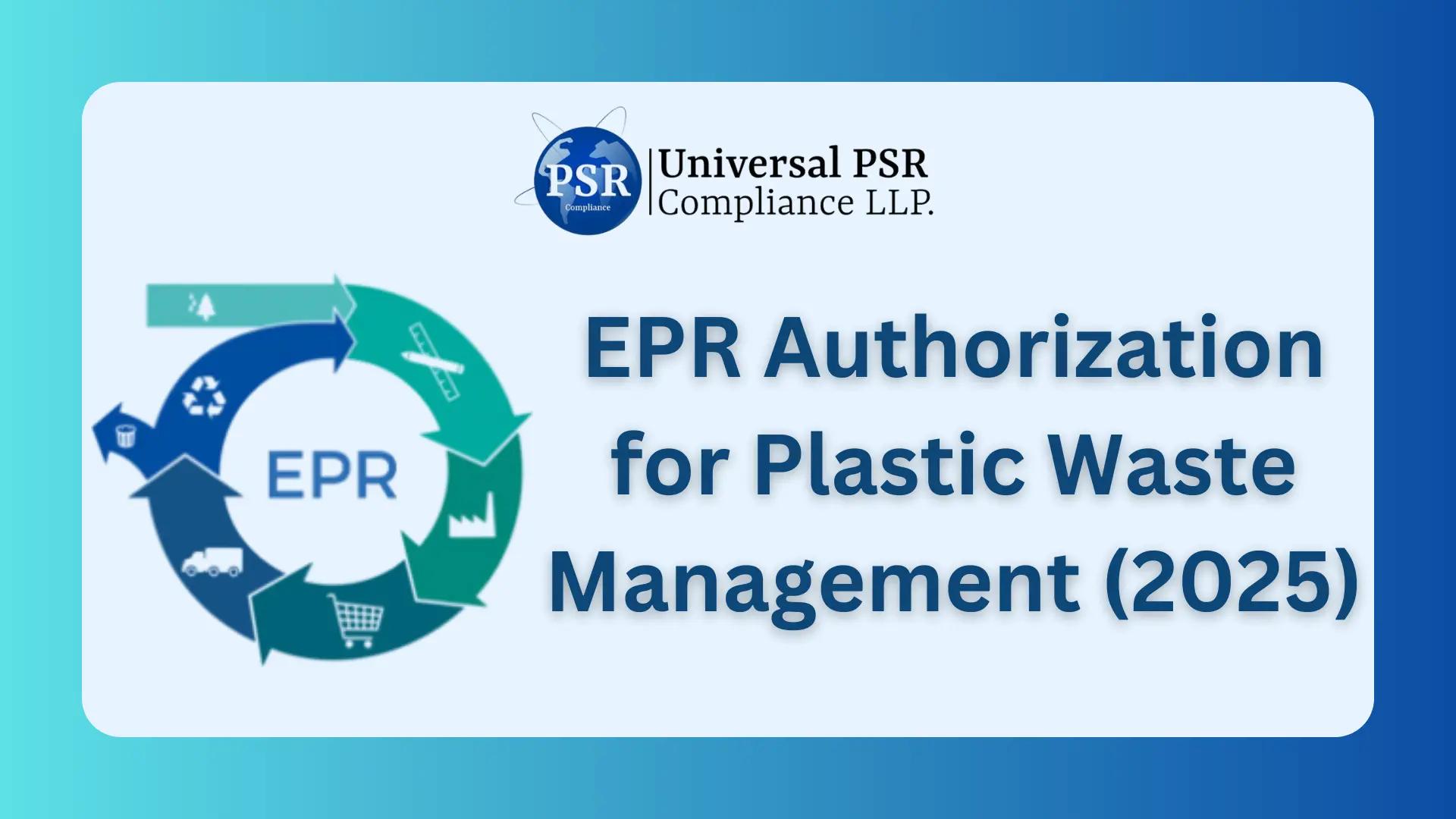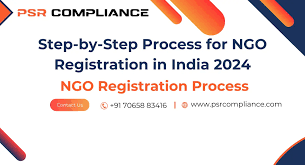Key Features and Benefits of an OPC
An OPC is a private company with a single member who acts as both the shareholder and director. Unlike a sole proprietorship, where the owner bears unlimited liability, an OPC limits the owner’s liability to their investment, protecting personal assets. The company is a separate legal entity, ensuring continuity even after the owner’s demise, as a nominee (mandatory during registration) takes over operations. OPCs are exempt from several compliance requirements under the Companies Act, such as preparing cash flow statements or having a company secretary sign annual returns, simplifying management. Additionally, OPCs can easily attract funding from angel investors, venture capitalists, or banks, as they are recognized as credible corporate entities.
Eligibility and Restrictions
To register an OPC, the sole member must be an Indian citizen and resident (having stayed in India for at least 120 days in the previous calendar year). Non-resident Indians (NRIs) are also eligible following the 2021 amendments. An individual can form only one OPC and serve as a nominee in only one OPC at a time. OPCs are prohibited from engaging in non-banking financial investment activities or converting into a Section 8 (charitable) company. If an OPC’s paid-up capital exceeds ₹2 crore or its average turnover surpasses ₹20 crore for three consecutive years, it must convert into a private limited company.
Documents Required for OPC Registration
PSR Compliance streamlines the OPC registration process by assisting with document preparation and filing. Essential documents include:
Memorandum of Association (MoA): Defines the company’s objectives and scope.
Articles of Association (AoA): Outlines internal rules and nominee details.
Identity Proof: PAN card or passport (for NRIs) of the sole member/director.
Address Proof: Recent utility bill or bank statement for the member and registered office.
Digital Signature Certificate (DSC): For secure e-filing of documents.
Nominee Consent (Form INC-3): Includes nominee’s PAN and Aadhar to confirm their willingness to take over if needed.
Registered Office Proof: Lease agreement or property deed with a no-objection certificate from the owner.
These documents are filed via the SPICe+ form with the Ministry of Corporate Affairs (MCA).
Registration Process with PSR Compliance
PSR Compliance ensures a hassle-free OPC registration process. It begins with reserving a unique company name through the MCA’s RUN service, followed by obtaining a DSC and Director Identification Number (DIN) for the sole member. The team prepares and files the MoA, AoA, and other documents via SPICe+. Upon MCA approval, a Certificate of Incorporation is issued, officially recognizing the OPC. PSR Compliance’s expertise minimizes errors and delays, providing end-to-end support.
Why Choose PSR Compliance?
With years of experience, PSR Compliance offers tailored solutions for OPC registration, ensuring adherence to legal requirements. Their dedicated team provides professional guidance from name reservation to post-incorporation compliance, making the process efficient and affordable. Contact them at https://www.psrcompliance.com/one-person-company to start your entrepreneurial journey with confidence.

















Write a comment ...